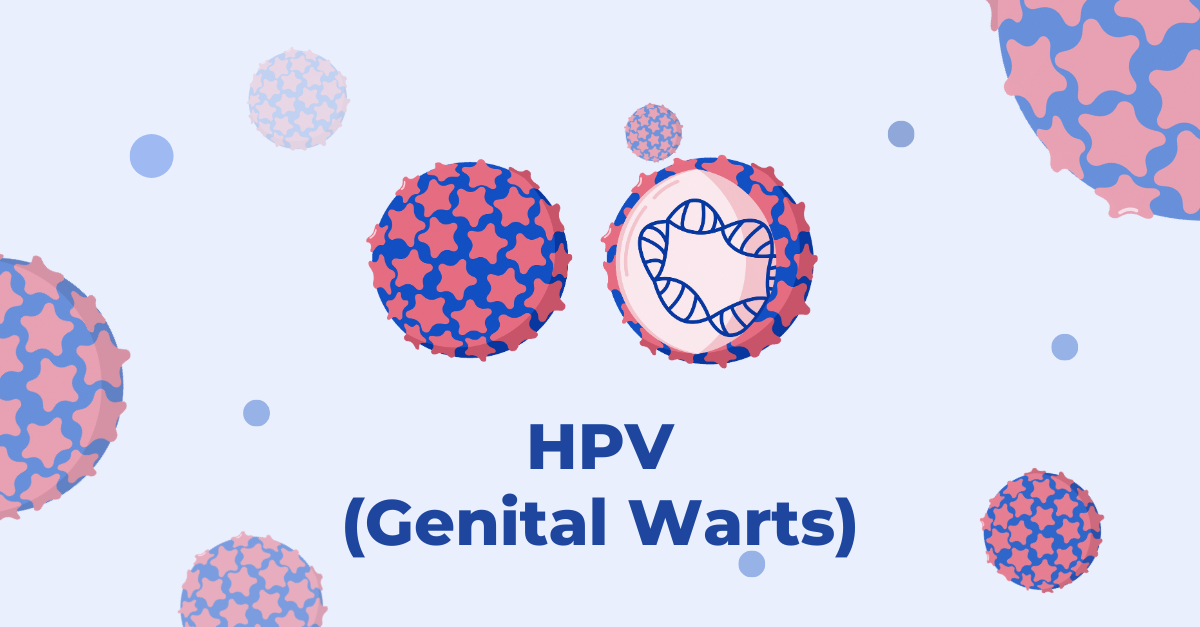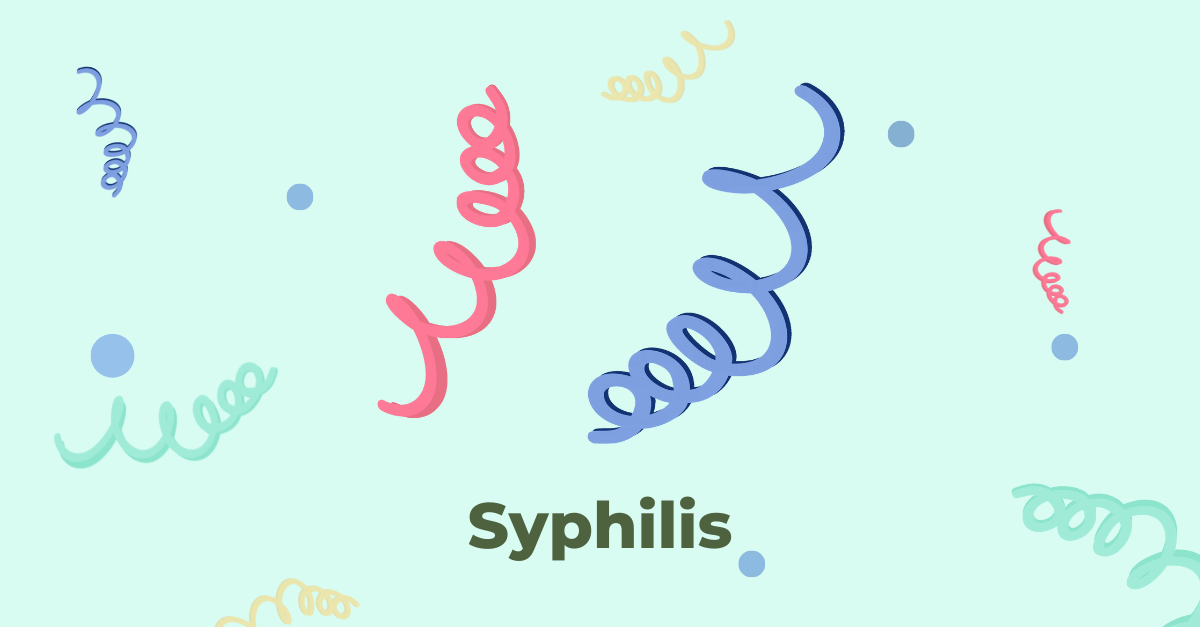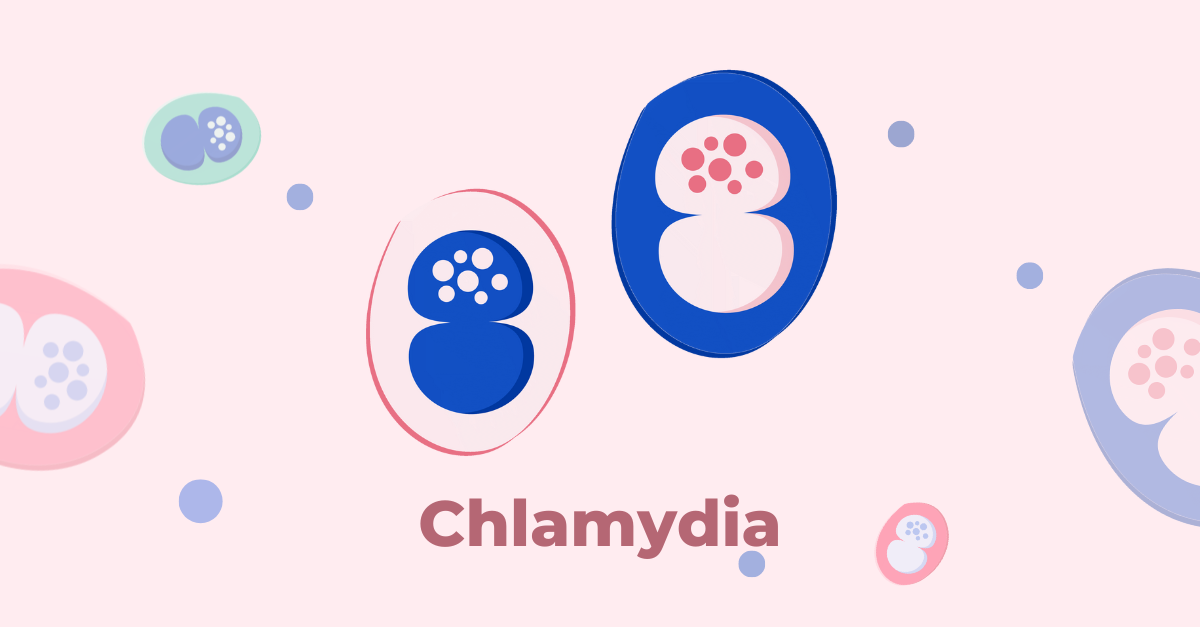Overview
Human Papillomavirus (HPV) is the most common STI. There are over 200 types of HPV that have been identified. About 40 HPV types can infect the genital/anal region, as well as the lining of the mouth and throat.
These infections are often transmitted sexually or through other skin-to-skin contacts. Vaccines can help protect against the strains of HPV most likely to cause genital warts, penile cancer, anal cancer, or cervical cancer.
Table of Contents:
- Symptoms and causes
- When to see a doctor?
- Diagnosis and treatment
- Coping and support
- Preparing for your appointment
- What to expect from your doctor
Symptoms and causes
How does HPV spread?
You can get HPV by having vaginal, anal, or oral sex with someone who has the virus. It is most commonly spread during vaginal or anal sex. It also spreads through close skin-to-skin touching during sex. A person with HPV can pass the infection to someone even when they have no signs or symptoms.
If you are sexually active, you can get HPV, even if you have had sex with only one person. You also can develop symptoms years after having sex with someone who has the infection. This makes it hard to know when you first got it.
You cannot fully protect yourself against HPV, but there are things that can help.
- Condoms can help protect you against HPV, but they do not cover all the skin around your genitals, so you're not fully protected.
- The HPV vaccine protects against the types of HPV that cause most cases of genital warts and cancers. It does not protect against all types of HPV.
Symptoms
You can also have human papillomavirus but not have any symptoms.
They kind of look like little pieces of cauliflower. You can have just one wart or a bunch of them, and they can be big or small. They might be itchy, but most of the time they don’t hurt.
HPV does not usually cause any symptoms, thus most people who have HPV might not even realise that they have it, and go about their daily life unaffected. 9 out of 10 HPV cases go away on their own within two years without health problems.
But sometimes the virus can cause painless growths or lumps around your penis or anus called genital warts. When warts do appear, they vary in appearance depending on which kind of HPV is involved:
- Genital warts: These appear as flat lesions, small cauliflower-like bumps, or tiny stemlike protrusions. In men, genital warts appear on the penis and scrotum or around the anus. Genital warts rarely cause discomfort or pain, though they may itch or feel tender.
- Common warts: Some sort of warts that appear as rough, raised bumps and usually occur on the hands and fingers. In most cases, common warts are simply unsightly, but they can also be painful or susceptible to injury or bleeding.
- Plantar warts: Growths that are hard and grainy that usually appear on the heels or balls of your feet. These warts might cause discomfort.
- Flat warts: Flat warts are flat-topped, slightly raised lesions. They can appear anywhere, but children usually get them on the face and men tend to get them in the beard area. Women tend to get them on the legs.
When to see a doctor?
If you have warts of any kind that cause embarrassment, discomfort, or pain, seek advice from your doctor.
Diagnosis and treatment
Diagnosis
There is no test to find out a person’s “HPV status.” Also, there is no approved HPV test to find HPV in the mouth or throat.
HPV tests are not recommended to screen men, adolescents, or women under the age of 30 years. Some sexual health clinics may offer anal screening to men with a higher risk of developing anal cancer, such as men who have sex with men.
Some people find out they have HPV when they get genital warts. Your doctor might be able to diagnose HPV infection by looking at your warts. If genital warts aren't visible, the following test is available:
- Vinegar (acetic acid) solution test. A vinegar solution applied to infected genital areas turns them white. This may help in identifying difficult-to-see flat lesions.
Treatment
There's no treatment for HPV. Most HPV infections do not cause any problems and are cleared by your body within 2 years. Treatment is needed if HPV causes problems like genital warts or changes to cells in the cervix.
Treatments for genital warts
Medications to eliminate warts are typically applied directly to the lesion and usually take many applications before they're successful. Examples include:
- Salicylic acid: Over-the-counter treatments that contain salicylic acid work by removing layers of a wart a little at a time. For use on common warts, salicylic acid can cause skin irritation and isn't for use on your face.
- Imiquimod: This prescription cream might enhance your immune system's ability to fight. Common side effects include redness and swelling at the application site. HPV
- Podofilox: Another topical prescription, podofilox works by destroying genital wart tissue. Podofilox may cause burning and itching where it's applied.
- Trichloroacetic acid: This chemical treatment burns off warts on the palms, soles, and genitals. It might cause local irritation.
If medications don't work, your doctor might suggest removing warts by one of these methods:
- Freezing with liquid nitrogen (cryotherapy)
- Burning with an electrical current (electrocautery)
- Surgical removal
- Laser surgery
Coping and support
Finding out you have HPV can be extremely upsetting. You might experience anger if you feel you've been betrayed, or shame if you think you've infected others.
However, hold off placing blame. Don't assume that your partner has been unfaithful to you. One (or both) of you may have been infected by a past partner.
Healthy ways to cope with having HPV include the following:
- Communicate with your partner - Be open and honest about your feelings. Trust your partner and believe what your partner tells you.
- Educate yourself - Talk with your healthcare provider or a counsellor. They can help you learn how to live with the condition. They can also help you lessen the chance of infecting others. Learn about your treatment options.
- Join a support group - Look for a group in your area or online. Talk about your feelings and learn from others' experiences.
Preparing for your appointment
You'll likely start by seeing your primary care provider. Depending on where your warts are located, you may be referred to a doctor who specializes in disorders of the skin (dermatologist), feet (podiatrist), or reproductive organs (urologist or gynecologist).
Here's some information to help you get ready for your appointment.
What you can do
Before your appointment, make a list of:
- Your symptoms, including any that seem unrelated to the reason for your appointment
- Key personnel information, including major stresses, recent life changes, and your sexual history
- All medications, vitamins, or other supplements you take, including the doses
- Questions to ask your doctor
For HPV infection, questions to ask your doctor include:
- What's the most likely cause of my symptoms?
- Are there other possible causes?
- Do I need to have any tests?
- How can I prevent HPV infection in the future?
- Are there brochures or other printed material that I can have? What websites do you recommend?
Don't hesitate to ask other questions.
What to expect from your doctor
Your doctor is likely to ask you questions, such as:
- When did your symptoms begin?
- Are you in a monogamous sexual relationship? Is your partner?
- Where have you found lesions?
- Are the lesions painful or itchy?
- Does anything seem to improve your symptoms?
- What, if anything, appears to worsen your symptoms?
What can you do in the meantime?
If you think you might have HPV, it's best to avoid sex until you've talked with your doctor. If you do engage in sexual activity before seeing your doctor, be sure to follow safe sex practices, such as using a condom.
Always remember that you don't have to go through this alone. Reach out to people you trust and express your feelings to someone you feel safe with.






